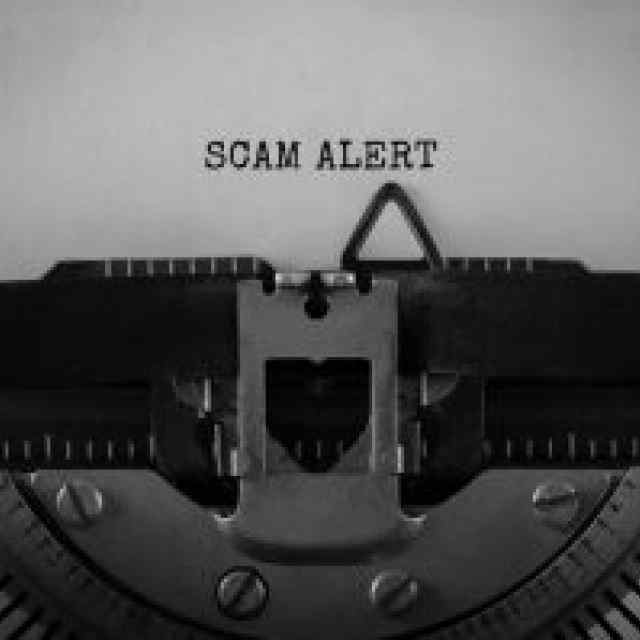
By Carol Kando-Pineda, Attorney, Division of Consumer and Business Education / Federal Trade Commission
You get a text, call, or email from someone who says they’re with the government. They may claim to be a U.S. Marshal, saying you must pay a fine for missing jury duty. Or the IRS, saying that you owe thousands in back taxes. Some might threaten legal action, deportation, or arrest if you don’t pay up or give them your financial information.
In other cases, it sounds less scary and more like your lucky day. The call, text, or email will say you’ve won a prize, the lottery, or a grant — but you need to pay some fees or taxes to get your winnings.
These are all scams. Scammers will try to make it seem legitimate. They might give you a badge number, or even know information like the last four digits of your Social Security number. A Washington, D.C. area code on your caller ID also might seem convincing. But caller ID can be faked.
If someone calls, texts, or emails saying they’re with the government and you must pay, stop.
Never send money — especially by gift card, cash reload card, or money transfer. No government agency will threaten you or demand payment this way.
Don’t give out your personal or financial information to anyone who calls, texts, or emails.
If you sent money to a government imposter, contact the company you used to send the money (gift card company, cash reload card company, or wire transfer service) and tell them it was a fraudulent transaction. Ask to have the transaction reversed if possible. Report it to the FTC at FTC.gov/complaint.
